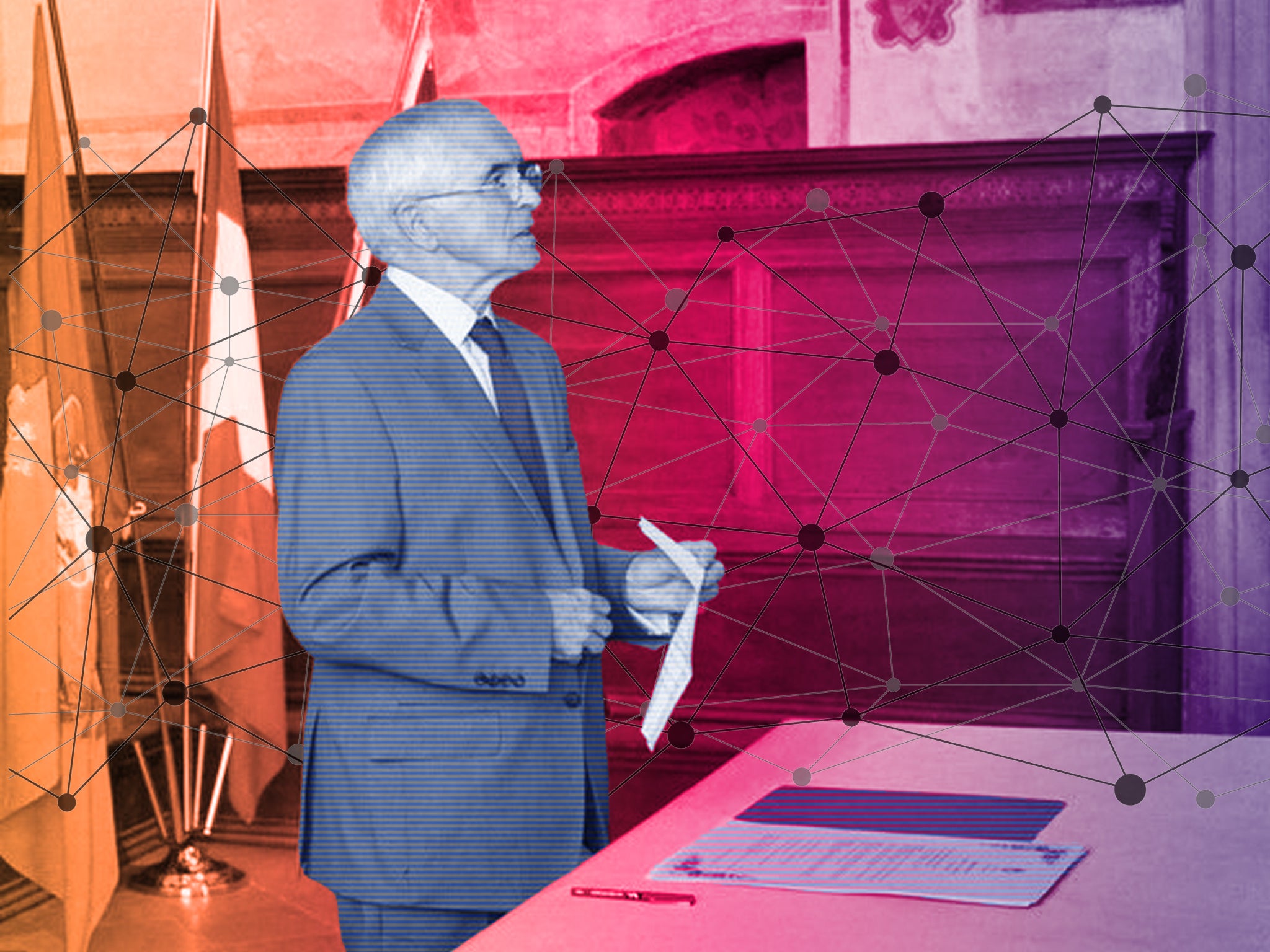How old is ‘too old’ to start a PhD?
How do you stay connected? When I entered my 85th year, it seemed only natural that the best way to keep myself amused was to pick up my forgotten dream of doing a PhD, writes Jim Maloney


Next year would have been my 60th wedding anniversary, but sadly my wife passed away in March 2020, after being diagnosed with lung cancer just six months prior. I was originally going to do my PhD over 40 years ago. However, my older son died at age 34 and my wife and I had cared for him.
Then my wife became ill and over time I put the idea away. But after losing my wife, I felt I needed a new challenge and something to keep me occupied. So, when I entered my 85th year, it seemed only natural that the best way to keep myself amused was to pick up my forgotten dream of doing a PhD.
I was, until just last week, a trustee for Age UK Wigan Borough and served as the chair for more than 10 years, but I have now decided to focus on my PhD work. However, I found my work here kept me connected to the community and I enjoyed being able to combine my passions, whilst giving back to local people. I particularly admired the work done to support older people during the lockdowns of the Covid-19 pandemic.
I worked closely with staff and volunteers who helped deliver shopping and provide food parcels to older people who were vulnerable and shielding. Often these people had not spoken to anyone in days. We were able to help with practicalities such as food, but also providing emotional support, via weekly telephone befriending calls.
As well as being able to meet regularly with the board, staff and volunteers, being a trustee led me to serve on the governing body of a local hospital – and it was here that I continued to challenge myself by editing the copy for patient information books. After heavily critiquing one particular leaflet for its over-complicated language, I actually wrote a guide for writing patient information leaflets.
It’s wonderful to know that the work I have done has had some effect on the local community and perhaps beyond. However, my dreams of doing my PHD were always at the back of mind.
After reaching out to a number of local universities, I eventually met with a research director at the University of Central Lancashire, who invited me in to talk about my idea. I am now enrolled as a full-time student and will be writing about the adaption of musical theatre productions to film over the next three years.
I was a university teacher and have always felt a sense of connection via books, studying and keeping myself mentally stimulated. After completing my national service for the Royal Air Force, I went to King’s College, Newcastle, which was then a college of Durham University, to study English language and literature. I enjoyed both the educational and social aspects of university life and remain good friends with a man I met there.
I credit my passion for books and reading to my grandfather, who ignited this in me when I was a child. He worked as a whitesmith (a metal worker), but was politically active and an avid reader. During the Second World War, when my father was away in the war, my mother and I lived with my grandparents.
I always thought my grandfather knew everything about everything, and vividly remember him showing me his illustrated copies of Dickens novels. I remained a Dickens fan and one of the first texts I studied in the first year of my degree was Bleak House.
To keep up to speed with all the latest opinions and comment sign up to our free weekly Voices Dispatches newsletter by clicking here
My love of reading continues to his day and helps me feel connected to the world around me. Even as I write this article I am waiting for three parcels of books to arrive and overburden my already crowded study and coffee table!
I relish the challenges doing my PhD brings and I hope to show other people of a similar age, that it is never too late to try something new to help bring that sense of connection and wellbeing.
Age UK helps keep older people connected via a range of national and local services. The charity is calling on the public to donate whatever they can to help make a difference to isolated older people with no one else to turn to. To donate visit the website.
Our series – Generation Gap – explores how different generations stay connected. See the rest of the series here

Join our commenting forum
Join thought-provoking conversations, follow other Independent readers and see their replies